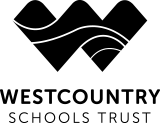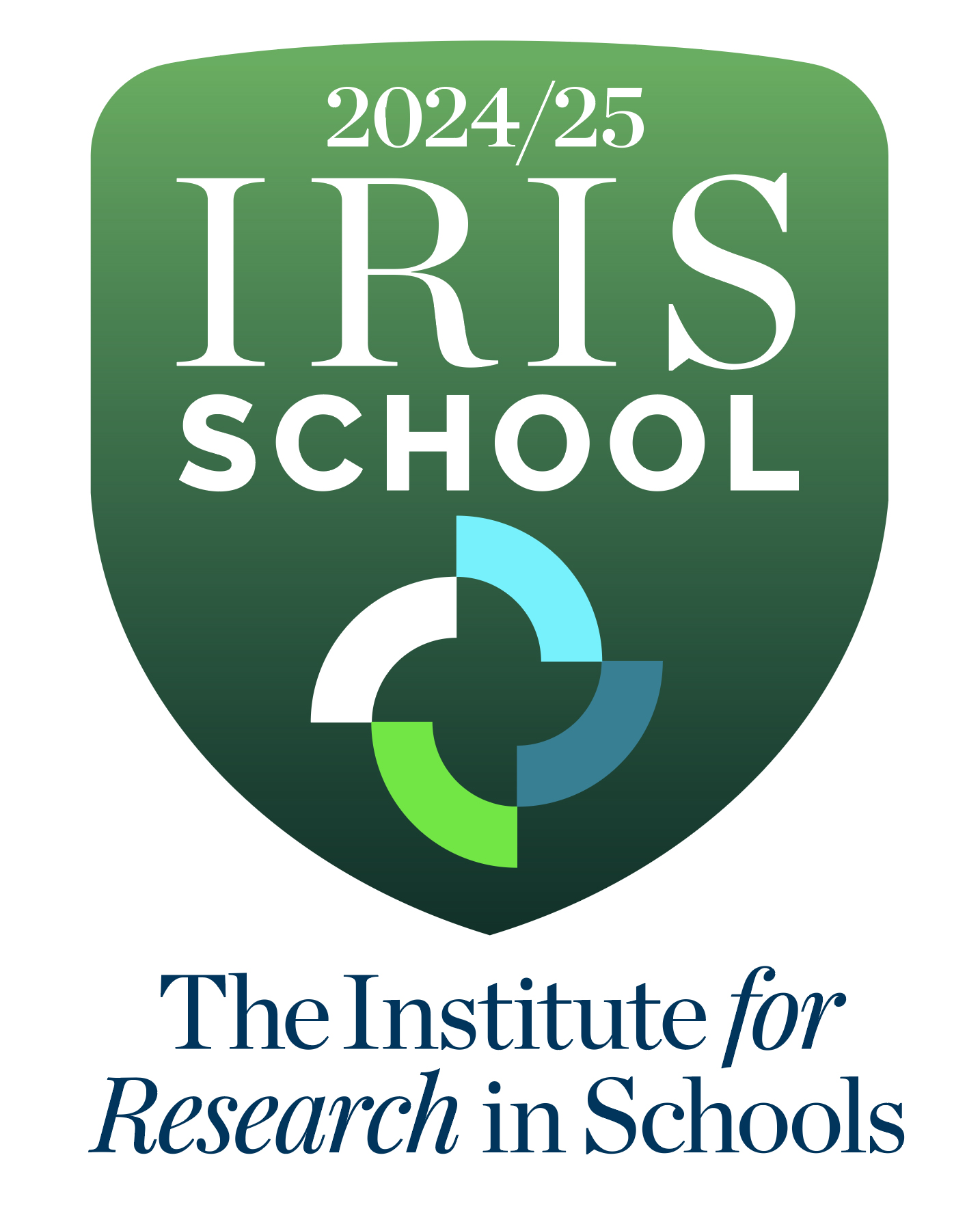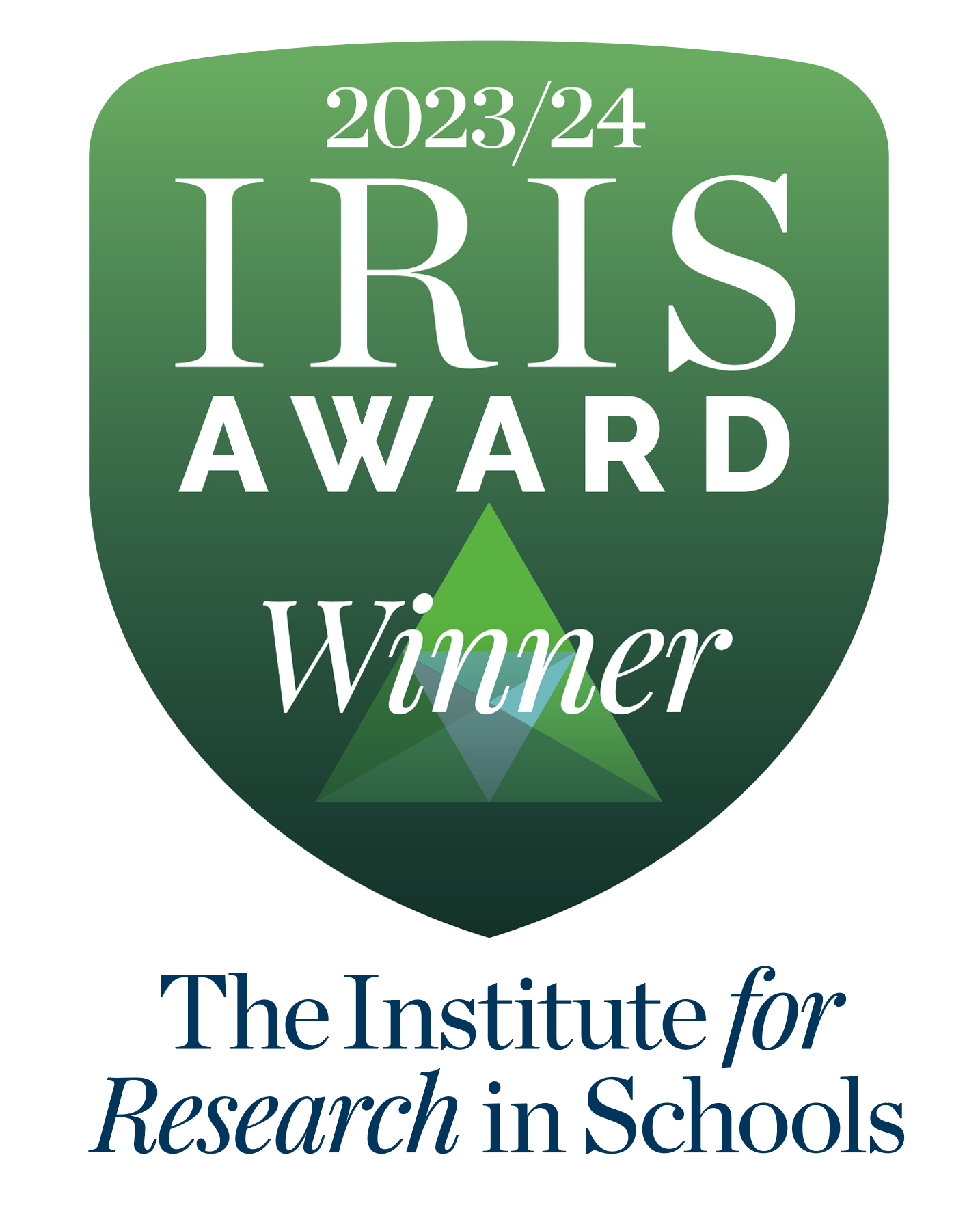Child Protection and Safeguarding
What is Safeguarding?
Safeguarding means protecting a citizen’s health, wellbeing, and human rights; enabling them to live free from harm, abuse and neglect. It is an integral part of providing high-quality care within schools. We have both a statutory obligation and a moral responsibility to make sure that we address, challenge and report any instances where it is felt that this is not happening.
Our safeguarding practice in school is of the highest standard and is consistent with Westcountry Schools Trust, the Plymouth Safeguarding Children Board (PSCB), as well as Ofsted regulations. We work under the guidance of the Working Together to Safeguard Children’s Act and Keeping Children Safe in Education.
At Hele’s School, the designated safeguarding leads are:
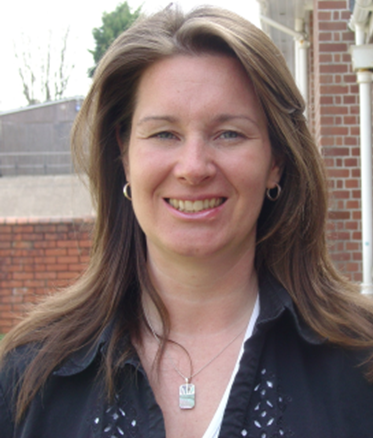 Mrs S Crawford
Mrs S Crawford
Designated Safeguarding Lead
(Years 7-9)
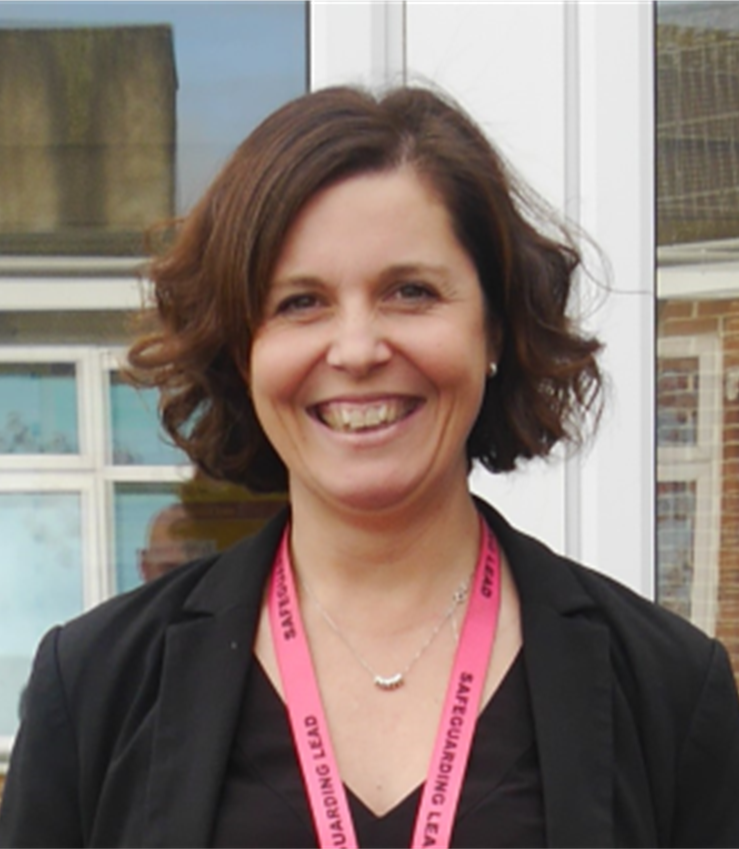 Ms E Clapham
Ms E Clapham
Deputy Safeguarding Lead
(Years 10-11)

Mr K Stone
Deputy Safeguarding Lead
(Post 16)
You are welcome to contact any member of the safeguarding team using the following email address:
safeguarding@heles.plymouth.sch.uk
To read the current Safeguarding and Attendance Policies please click here.
You can find our E-Safety hub by clicking here
Safeguarding information for visitors to Hele’s School
Safeguarding is our main priority at Hele’s School. All our students have the right to feel safe in every aspect of their lives, and to thrive in an environment where they feel that they are being listened to. We support students in being aware of the key safeguarding issues through our curriculum and other key events throughout the year. We encourage our students to look out for each other in addition to themselves, to make sure we are all ‘doing our very best’ to make sure everyone is safe and supported. Students are always shown how to report issues/concerns and the difference doing this can make.
Advice regarding disclosures
Do…
- · Take the child seriously
- · Reassure them that it is alright to tell you
- · Take your time
- · Let them speak
- · Listen carefully
- · Ask open questions
- · Clarify with open questions
- · Inform a child what you will do next (i.e. report to the Designated Safeguarding Lead)
- · Record verbatim and sign and date
- · Provide factual information
- · Consider medical attention
- · Speak with the Safeguarding Team, who will take appropriate actions and liaise with outside agencies if appropriate
Do not…
- · Promise to keep it a secret
- · Stop the child from speaking
- · Ask leading questions
- · Question unnecessarily
- · Make assumptions
- · Minimise (e.g. ‘That doesn’t sound serious’)
- · Try to deal with it on your own
- · Delay in passing on your concern
- · Force the child to recall
- · Ask the child to show you any injuries requiring the removal of clothing
- · End the conversation abruptly
- · Criticise the alleged perpetrator
NEVER KEEP CONCERNS ABOUT CHILDREN’S SAFETY TO YOURSELF
Remember these three important messages:
-
All children have a right to be safe no matter what their circumstance
-
Keeping children safe is everyone’s responsibility
- We all need to listen to children even though we may not always be comfortable with what we hear
Please contact us within school hours if you have a concern. We cannot keep safeguarding concerns about children and young people confidential and may need to pass on information to Children’s Social Care or the police to investigate further.
Useful contacts
If a child is at immediate risk of harm, please call 999.
If the concern is urgent, please contact the Multi Agency Safeguarding Hub on: 01752 668000
You can also get advice or report your concerns anonymously to the NSPCC by phoning its free helpline on 0808 800 5000 or via email.
Our policies and procedures are consistent with South West Child Protection procedures and respond to the statutory guidance outlined in Keeping Children Safe In Education 2023
Useful links
What to do if you’re worried about a child being abused
Young Persons Guide to Keeping Children Safe
Working Together To Safeguard Children
Looking After Yourself and Your Children
Parental Conflict
If you feel you are experiencing, or at risk of, Domestic Abuse please see www.nationaldahelpline.org.uk or www.womensaid.org.uk


